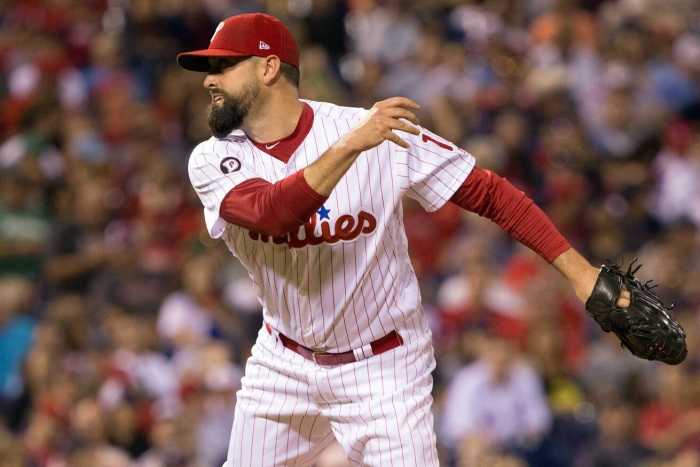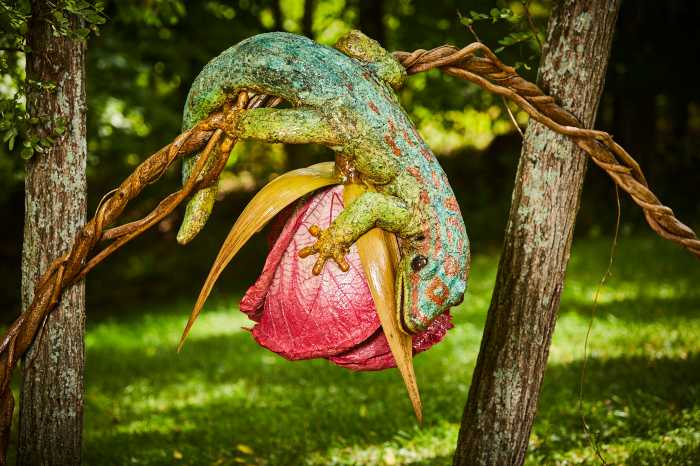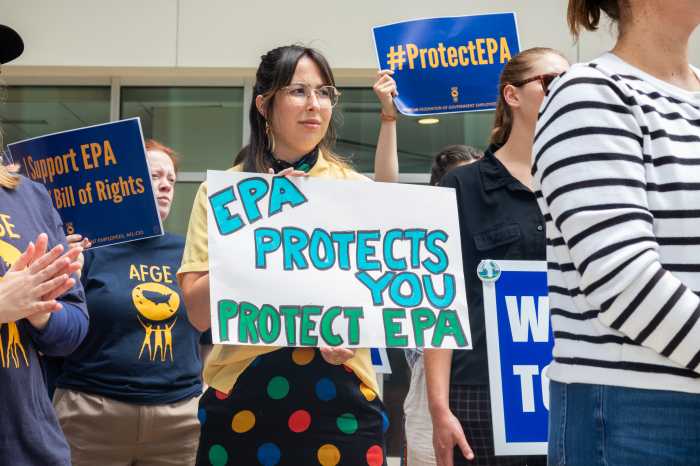Entering the offseason with roughly $50M to spend without threatening the luxury tax, the typically-affluent Phillies weren’t flexing their financial prowess like they were last year. Although they reportedly had interest in the elite tier of free agents this winter- Gerrit Cole, Anthony Rendon, and Madison Bumgarner, namely- nothing ever actually materialized. Unlike last winter when the Phillies had the financial freedom to handpick the free agents of their choosing, the team has been rendered essentially powerless this time around. Gone are the days of spending “stupid money.” Gone is the bravado in the voice of the front office. And gone are all the elite tier of free agents this offseason.
While watching the Phillies repeatedly get outbid for premier players has been disappointing, it has somewhat veiled a much bigger issue currently plaguing the Phillies- the farm system.
Usually a source of young, productive future impact big-leaguers, the farm system has been anything but for the Phillies. Save for a few talented exceptions, the Phillies farm has produced little to nothing over the last few years. Largely viewed as a bottom ten system around the league, the Phillies depleted farm system is limiting them in two major ways.
Firstly, since the amount of impact players being promoted from the Phils minor league ranks is few and far between, it practically forces the Phillies to be aggressive in free agency in search of game-changing talent. Agents and players alike are aware of the Phillies’ troublesome dilemma and often use their desperation against them to extract bigger contracts.
This tactic has resulted in the Phillies paying Jake Arrieta and Zack Wheeler contracts that rank in the top 15 in terms of AAV (11th and 12th, respectively) for starting pitchers, despite neither possessing the pedigree worthy of such a figure.
To be clear, I’m not suggesting that the Phillies don’t spend. If anything, I want them to smash through the tax and spend more, as I detailed in my piece from yesterday. The problem is the Phillies will never be able to spend enough to negate the effects of having an inadequate farm system.
Despite spending roughly $530M in the last two free agency periods alone- so far, anyway- the team still carries a plethora of roster holes and is nothing more than a dark horse to win the NL East as constructed. Again, spending is a vital part of remaining competitive, but it can’t be the sole method of attack.
Having a lackluster farm system is also limiting the Phillies from getting actively involved in a seemingly robust trade market. Typically, a team on the cusp of contention can turn to the trade market when things sour or get too pricey in free agency, exchanging the stars of tomorrow for the stars of today.
Such a trend isn’t too far off this winter, either. After ex-Indians ace Corey Kluber was shipped to the Rangers, the trade winds are expected to pick up even more. Superstars Kris Bryant, Mookie Betts, and Nolan Arenado are all said to be available for the right price and all would fill a huge need for the Phillies.
Unfortunately, without many touted prospects to boast, the Phillies would likely suffer the same fate of being outbid for stars should they enter trade talks- just as they have been in free agency. Furthermore, the reality of the issue stings even greater when you realize there is no quick fix in sight.
Building a proper system takes years and usually comes on the back of a rebuild, which the win-now Phillies have financially implied they most definitely aren’t trending toward. So, the front office is left trying to compensate for past sins of neglecting their foundation. Hopefully, they have a few tricks up their sleeve to improve the roster, because, without the financial funds or an abundance of talent coming up the pipeline, they’ll certainly need them.
Mandatory Credit: Bill Streicher-USA TODAY Sports



























